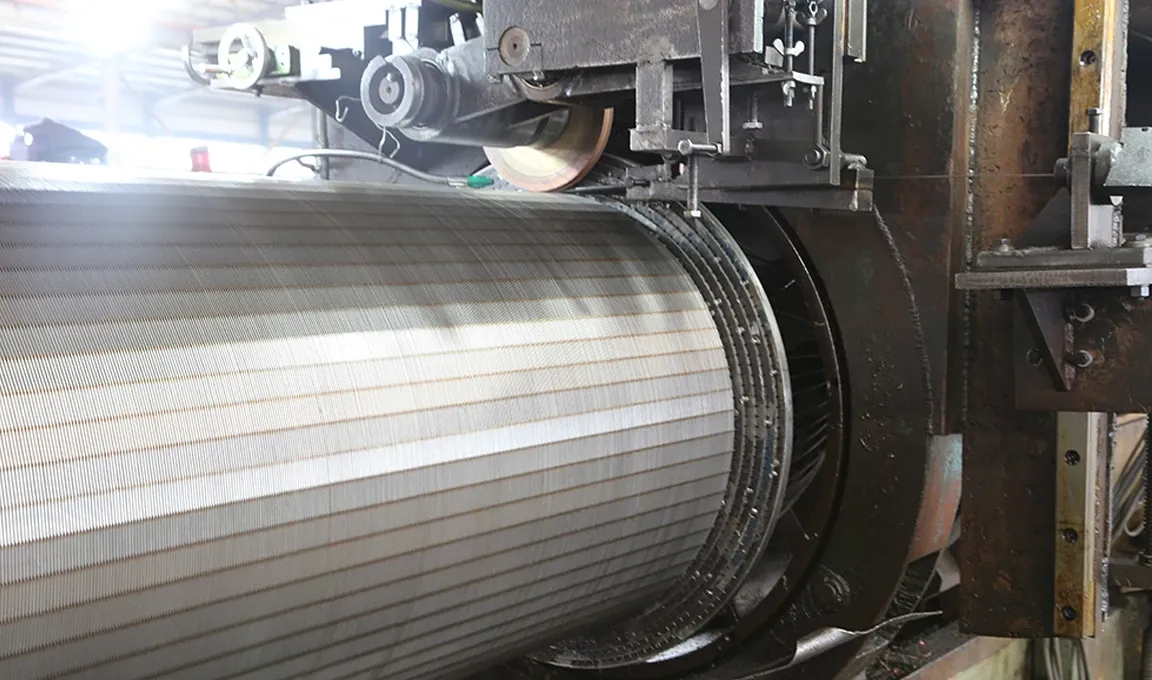The Importance of Sound Barriers for Outdoor Air Conditioners
In an age where comfort and environmental awareness go hand in hand, outdoor air conditioning units have become an essential part of modern living. While they provide much-needed relief during soaring temperatures, their operation can lead to significant noise pollution, affecting both personal comfort and neighborhood tranquility. This has led to the growing importance of sound barriers specifically designed for outdoor air conditioning units.
Understanding Noise Pollution
Noise pollution is defined as unwanted or harmful sounds that disrupt the natural acoustic environment. For homeowners and their neighbors, the hum and whirr of outdoor air conditioning units can be bothersome. Particularly in densely populated urban areas, the sound generated by multiple units can accumulate, leading to increased stress levels and decreased quality of life. Studies have shown that continuous exposure to noise can lead to various health issues, including sleep disturbances, increased blood pressure, and heightened anxiety levels.
What Are Sound Barriers?
Sound barriers, also known as acoustic barriers, are structures designed to block or absorb sound waves. They can take various forms, including walls, fences, and specially designed acoustic panels. When applied to outdoor air conditioning units, sound barriers serve to dampen the noise emitted during operation, making the environment more amiable and peaceful.
Types of Sound Barriers for Air Conditioners
1. Fencing and Walls Solid fences or walls can significantly reduce noise. These barriers reflect sound waves away from the intended direction, mitigating the impact on surrounding areas. Often, materials like wood, vinyl, or masonry are used for these structures.
2. Acoustic Panels These are specifically designed to absorb sound rather than reflect it. Made from dense foam or similar materials, acoustic panels can be strategically placed around an air conditioning unit to reduce noise.
outdoor air conditioner sound barrier

3. Landscaping Trees and bushes can serve as natural sound barriers. Planting a row of tall shrubs or trees around the unit can significantly reduce noise while also adding aesthetic value to the property.
4. Custom Enclosures Innovative solutions such as soundproof enclosures can house the outdoor unit, providing a significant reduction in the noise it produces. These enclosures are built with sound-absorbent materials and are designed to allow proper airflow while keeping noise levels to a minimum.
Benefits of Using Sound Barriers
1. Increased Comfort For residents living near outdoor air conditioning units, a reduced sound level can create a more serene living environment, improving overall comfort.
2. Enhanced Privacy By lowering noise levels, sound barriers can also provide greater privacy, allowing for peaceful outdoor gatherings without the intrusion of mechanical noise.
3. Property Value Homes situated in quieter neighborhoods tend to have higher property values. By investing in sound barriers for air conditioning units, homeowners can enhance their property’s appeal.
4. Compliance with Local Regulations In some areas, noise pollution regulations may dictate permissible sound levels, making the installation of sound barriers a necessary step for compliance.
Conclusion
In conclusion, as the demand for outdoor air conditioning systems continues to rise, the significance of sound barriers cannot be overlooked. They play an essential role in mitigating the impact of noise pollution, enhancing comfort, privacy, and even property values. As we strive for a harmonious coexistence with nature and our neighbors, investing in sound barriers for outdoor air conditioners is a proactive step towards a more peaceful living environment. It’s not just about cooling down; it’s about creating a tranquil space in an often noisy world.
-
The Strength and Versatility of Aluminum Expanded Metal Mesh
NewsJun.10,2025
-
Safety Guards and Machine Enclosures Using Expanded Mesh
NewsJun.10,2025
-
Performance with Round Hole Perforated Mesh in Wall Panels
NewsJun.10,2025
-
How Steel Grating Trench Covers Distribute Weight Efficiently
NewsJun.10,2025
-
How Deck Mesh Railing Enhances Backyard Aesthetics
NewsJun.10,2025
-
Comparing Bar Thickness and Spacing in Steel Grating
NewsJun.10,2025
Subscribe now!
Stay up to date with the latest on Fry Steeland industry news.

